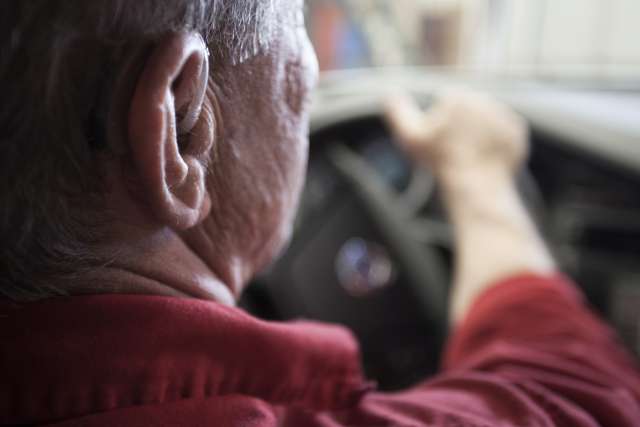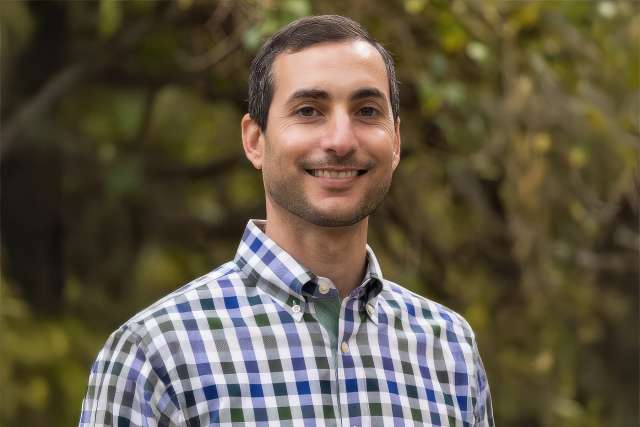People who are profoundly deaf or severely hard of hearing may make the decision to get cochlear implants, surgically implanted electronic devices that receive sounds from an externally worn transmitter. For those patients, the UCLA Cochlear Implant Program offers some of the most advanced technology and treatment in California.
According to Akira Ishiyama, MD, a program director, the strong emphasis on research is what sets UCLA’s program apart, including painstaking study of an archive of human bones.
“The UCLA Human Temporal Bone Laboratory has one of the largest collections of archival human temporal bones obtained from patients who had cochlear implants,” Dr. Ishiyama says. “We analyze these bones carefully to translate how to perform cochlear implantation to minimize the intracochlear changes from electrode insertion.”
The goal, he says, is to maintain long-term cochlear health. In addition to the archive, ongoing clinical trials ensure that patients have access to the newest technology and procedures.
“I use local anesthesia and sedation (monitored anesthesia care) rather than conventional general anesthesia, particularly in older patients who are afraid to receive general anesthesia,” says Dr. Ishiyama, who also serves as a professor of otolaryngology in the Department of Head and Neck Surgery and Otology/Neurotology at the UCLA School of Medicine. “There are only a few centers in the country capable of providing this treatment.”
The surgery is performed on an outpatient basis with the possibility of an overnight stay or a 23-hour observation period. Patients return two to three weeks after surgery for the implant to be activated.
Identifying surgical candidates
According to Dr. Ishiyama, cochlear implantation may be appropriate in pre-lingual children with deafness, post-lingual patients with a short duration of deafness and post-lingual adult patients who are struggling with using hearing aids due to the severity of hearing loss.
Optimal adult candidates for cochlear implants include those who have an anatomically intact auditory nerve, good speech and language skills, and severe to profound hearing impairment in both ears. The families of infants or young children who receive the implant should be willing to help the patient work on speech and language skills through therapy including the AVT (auditory verbal treatment).
The importance of ongoing care
The program’s full-time cochlear implant coordinator provides patients with comprehensive health care support — something that is particularly important for families of infants who are diagnosed with profound hearing loss and older adults who cannot talk on the phone, according to Dr. Ishiyama.
After implantation, audiologists and speech pathologists work with patients to help them develop communication skills and adjust to having cochlear implants.
Receiving an implant can have a profound effect on a patient’s life, Dr. Ishiyama noted.
“Children with congenital deafness can develop age-appropriate speech patterns by the time they are ready to attend a mainstream school,” he said. “Post-lingual adult patients will notice a significant hearing improvement.”




